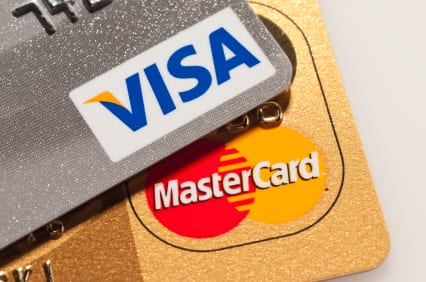

It happens every Christmas- you always spend more than you wanted to, even though you promised you wouldn’t!
Most times as long as the over-spend is manageable and does not affect your budget to much, the following months you tighten your belt and get on with it.
The flip side of this is that you didn’t have the money in the first place and money was borrowed to pay for Christmas.
Every so often and perhaps even before the festive season you may of received a letter from your bank offering you the opportunity to switch debt from “expensive store cards” to your usual credit card with them or even a new consolidation loan. But is this always a good idea?
Or you may have even considered payday loans, which have received a lot of press both positive and negative recently.
In the summer many Brits returned from their summer holidays and will still be embarking on the long hard road of repayment. 1.8 million people went into debt to pay for their holiday this year according to research by R3, the insolvency trade body. The poll revealed that indebted holidaymakers this year borrowed £1,581 on average – an increase of 40% from last year. This will take on average nine months to repay compared to seven months in 2010.
According to Credit Action in early August, total UK personal debt at the end of the first half o this year was £1,451 billion – 0.8% more than the same time last year and almost as much as the UK’s gross domestic product in 2010. So households in the UK owe, on average, £55,854, of which £8,121 is not a mortgage. The non-mortgage element increases to £15,618 if you only count those households that actually have unsecured borrowings.
The figures for Christmas have yet to be released!
As a general rule, it is a good idea to try to borrow money as cheaply as possible. Banks claiming that their credit cards are cheaper than store cards may be correct in many cases, especially once any introductory offer period has expired. Even so, most bank credit cards will be more expensive than mortgages. Not all interest free offers are quite what they appear; they may apply on a limited basis or involve a one-off balance transfer fee of around 3%, so you should read the terms carefully.
Even though you may be paying a lower rate of interest or even 0%, a debt is a debt and you still owe someone or some company the money and its always better to receive interest (from your savings) than pay interest (on debts).
Is there a better option?
That mortgages are secured against your home may appear to be a difference, compared with so-called “unsecured” borrowing. But should you default on any loan at all, the lender can normally seek repayment from any of your assets, once secured borrowing (such as mortgage) is covered. So they can still seek to recover your debt from the value of your home unless you are in negative equity.
The process of moving your borrowing from credit cards and personal loans to your mortgage has often been done, especially in more recent times, when there has been sufficient equity in the home, but advice is always essential in this area.
Consolidating loans and securing personal loans against your home has been a popular route, though often has meant repaying more over the full term of the mortgage loan, but with immediate repayments often lower.
The key point is to be in control of your debt and if you feel things are starting to get out of control, then that is the time to seek advice.
Most of us have mortgages and some personal debt, and we believe that ongoing reviews with your adviser or nearest and dearest will help you plan and be prepared for any unforeseen circumstances or even overspends at certain times of the year.
With careful and regular financial planning reviews you may also reduce and even clear that debt quicker than you thought.
